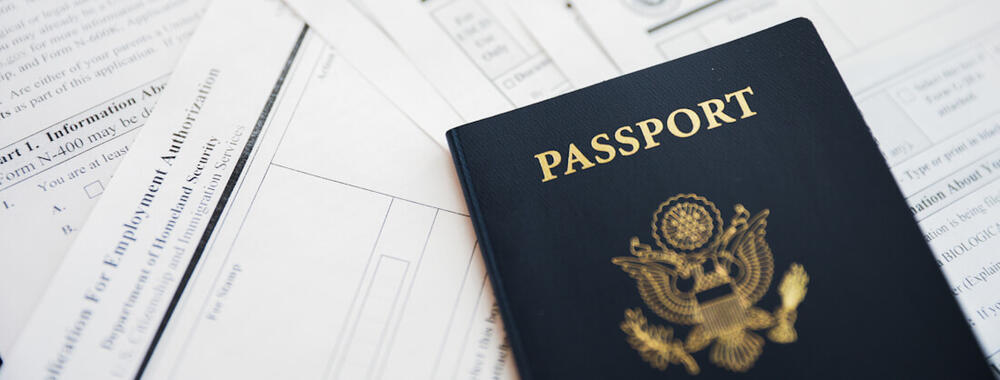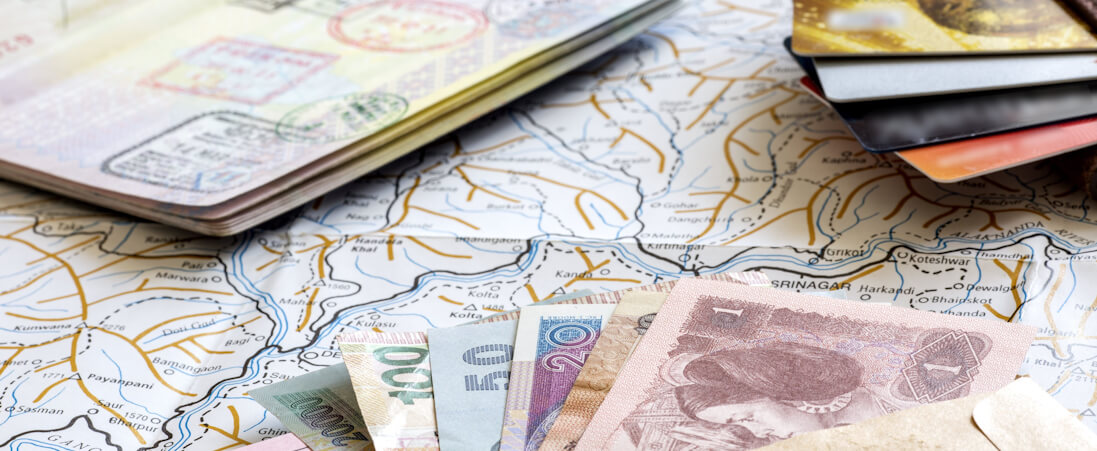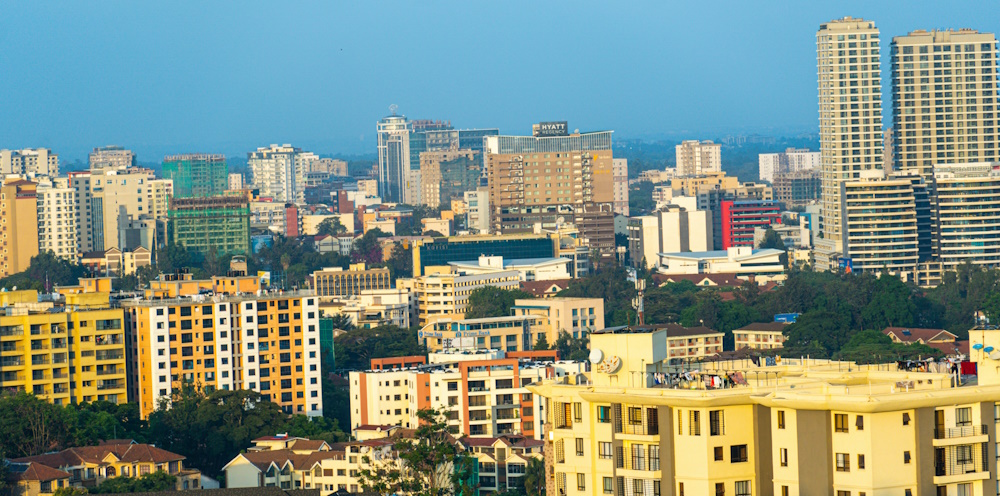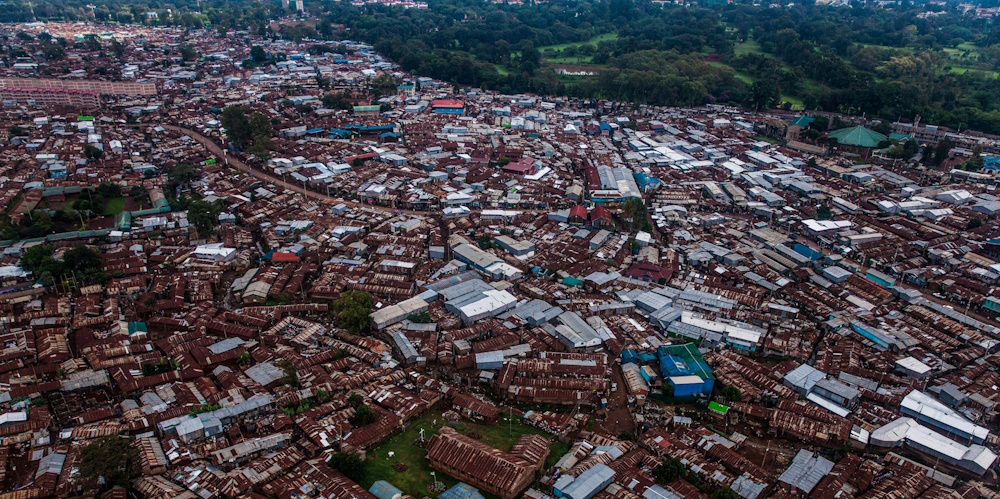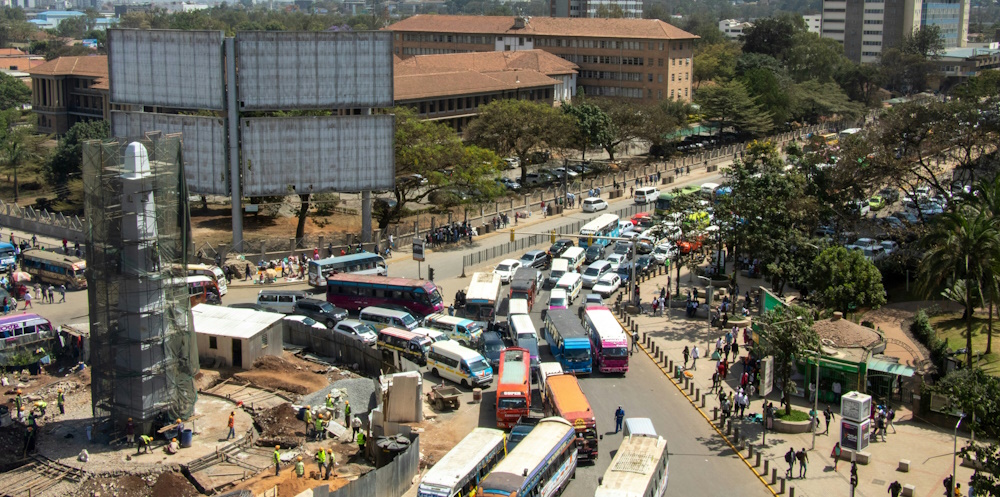Whether you are visiting on holiday or planning to settle down for the long term, you will most likely need a visa to enter Kenya. The type of visa required will depend on your reasons for being in the country.
You don't need to apply for a short-term visa if you are from countries such as the United States, United Kingdom, South Africa, Zambia, and Botswana. Instead, you must obtain an Electronic Travel Authorisation (eTA). Check the eVisa website for a full list of countries exempted from or eligible to apply for a visa to Kenya.
You have three main options for obtaining a visa:
- Obtain a visa upon entering the country
- Apply for an eVisa online at least seven days before departing
- Apply in person at a Kenyan diplomatic mission or embassy
The latter is not recommended for tourist visas, as it takes more time and effort than the other options. The eVisa process is best for short stays, while long-term stays and work permits are best handled by contacting the nearest high commission or embassy.
For temporary visits to Kenya, there are three main types of eVisas: single-entry visas, transit visas, and courtesy visas. Single-entry visas cover tourists, medical reasons, business, and family visits.
Transit visas are only necessary if you have a connecting flight from Kenya to another country within 72 hours and wish to leave the airport.
Before travelling, check the required pre-travel vaccinations, including those against yellow fever, and other healthcare matters.
Tourist visas for Kenya
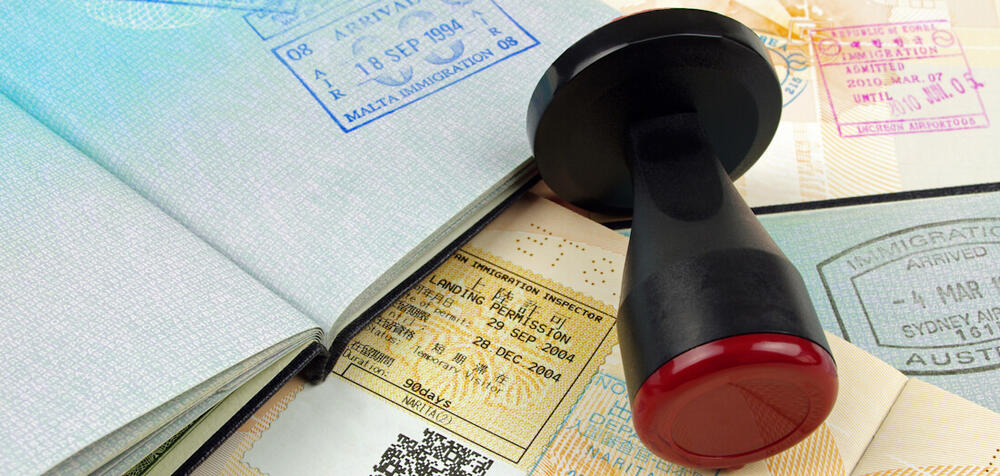
Most foreigners require a tourist visa to visit Kenya, though citizens of select countries are allowed visa-free entry. As of 2024, Kenya has introduced an Electronic Travel Authorisation (eTA) system, allowing citizens of many countries to enter Kenya visa-free for short-term visits of up to 90 days for tourism or business purposes. This includes the United States, United Kingdom, Canada, Australia, and most European Union countries.
Tourist visas for Kenya are single-entry visas. They are valid for three months from the date of issue and can be extended for another three months (90 days).
Extensions
To extend your stay, you must apply for a visitor's pass extension at the Immigration Headquarters in Nairobi or the nearest immigration office.
The extension process involves an online application on the eFNS portal, where you'll need to generate Form 22. Required documents include:
- Copy of the bio-data page of your passport
- Copy of the previous visa endorsement
- Proof of pending application (if applicable)
- Valid passport with at least six months before expiry
- Two passport-sized photos
The extension typically takes 48 hours, or 24 hours for urgent requests. It's advisable to apply at least two weeks before your current visa expires to avoid any issues.
Tourist visas for Kenya generally require a travel itinerary detailing the places you plan to visit, any hotel bookings or proof of accommodation, a valid passport, and a return ticket.
Useful links
Business visas for Kenya
Business visas for Kenya are valid for 90 days and can be extended for another 90 days. These are perfect if you plan to stay for a few months for business activities.
With a business visa, you can engage in various activities, including:
- Attending meetings and negotiations
- Exploring business ventures and conducting market research
- Participating in conferences, seminars, or workshops
- Negotiating contracts and agreements
- Conducting pre-sales activities or product demonstrations
Note, however, that you cannot engage in gainful employment or work for a Kenyan company without the appropriate work authorisation.
To apply for a business visa, you must provide documentation proving the purpose of your visit. Required documents include:
- An invitation letter from the host company in Kenya
- Proof of financial means to support your stay
- A detailed travel itinerary, including flight bookings and accommodation arrangements
- Company registration documents if representing a company
- A tax compliance certificate, if applicable
- Copies of previous visas if you have travelled to Kenya before
Useful links
Family visit visas for Kenya
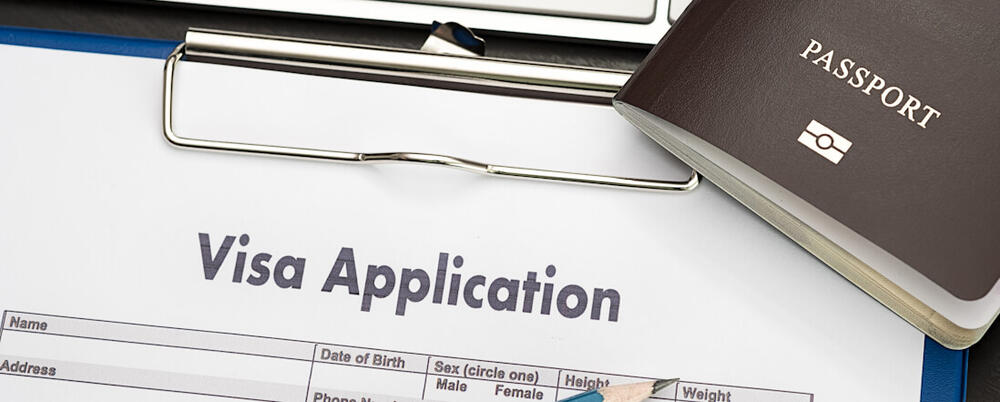
If you wish to invite family members to join you in Kenya for a few months, a family visit visa is your best bet. This single-entry visa allows your family members to visit you, provided you supply the necessary documentation.
To qualify, the applicant must be a family member of a Kenyan citizen or a foreign national residing in Kenya. Eligible family members typically include spouses, children, parents, and siblings. The purpose of the visit must be to visit family members and not for employment or business activities.
When applying for a family visit visa, you need to provide proof of your family relationship, which may include:
- Marriage certificate for spouses
- Birth certificates for children
- Affidavits or legal documents for more complex relationships
- Official identification of the Kenyan citizen or resident, such as an ID or passport
While on a family visit visa, you are prohibited from working or engaging in any gainful employment. The visa typically allows for a short stay, and extensions may be limited. This visa category also does not allow engaging in business activities or conducting trade.
Work and residence permits for Kenya
If you wish to remain in Kenya for longer than six months, you must obtain a Work/Residence Permit before arriving. Kenya offers several classes of work and residence permits tailored to different purposes.
Applying for a work or residence permit can be complex, and processing times can be lengthy, ranging from two to six months. To navigate these challenges, many find it beneficial to hire a relocation company.
*Visa regulations are subject to change at short notice, and you should contact your respective embassy or consulate for the latest details.


